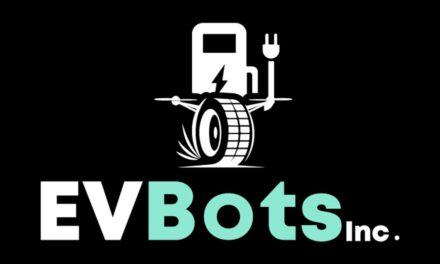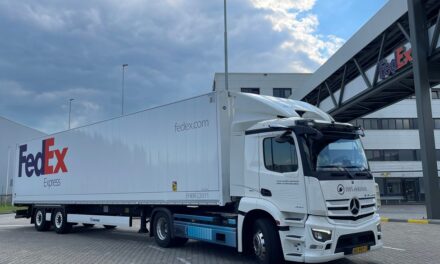
Estonian Post and Czech Post trial electric vehicles
More European posts are now testing electric vehicles as greener transport alternatives, with Estonian Post and Czech Post the latest to reveal their trials. Estonian Post said on Wednesday it is now testing out an electric version of the Renault Kangoo van, as part of its corporate priority on improving the environmental impact of its operations.
The Post is among the first in Estonia to get their hands on the electric Kangoo, a vehicle which is already being trialed by other posts in Europe including An Post and Austrian Post, with France’s La Poste ordering 10,000 last year.
The Kangoo ZE has a range of about 170 km (105 miles) on a single charge, with a carrying capacity of 3-3.5 cubic metres, with Renault offering a starting price of EUR 15,000 each.
The national operator in the Baltic Republic said it tested out vans converted to electric drivetrains last year, but was looking for a less expensive alternative.
Kaido Padar, the manager of the testing administration division, said: “On that occasion, vans were converted to electric vehicles. Now we have a chance to try the direct, factory-built electric van, which is by far a more cost-effective option.”
Estonian Post has a fleet of 405 vehicles, 18 of which are natural gas-powered. Padar said the company would be testing out the suitability of the Kangoo for delivery, and its charging arrangements.
“On urban postal rounds, where traffic speeds are low, the electric motor should provide significant cost savings, as well as being less harmful to our environment,” he said. “After the tests, we’ll be able to judge the suitability for the introduction of these vehicles.”
Czech Post
Meanwhile, Czech Post also revealed this week that it is now trialling an all-electric Peugeot, the Peugeot iOn. The small car is essentially a re-badged Mitsubishi MiEV, and offers a 130 km/h top speed, range of around 93 miles and running costs of up to EUR 2 per 100km.
The Post will be trying out the vehicle and a charging station at its headquarters in Prague, assessing how it performs and working with electricity company CEZ on how the vehicle charges and connects to the grid.
It is one of the first ever collaborations of its kind between an energy company and a delivery firm in the Republic, the Post said, with both firms looking to get important operational experience out of the partnership.
Patrick Zeithaml, director of transport management at Czech Post, said his company had the largest fleet in the country, and was looking into ways to find cost savings and efficiency improvements.
“For urban traffic, on short routes, electric power can be a solution,” he said. “We are running the trial because we want to see how many kilometres the vehicle can reach in a real environment, and also its total operating costs. The wider use and the need to develop an available recharging network must also be considered.”
CEZ will be providing a docking station for Czech Post to recharge the vehicle, and a special microchip to allow charging to take place.
Tomas Chmelik, clean technology department manager at CEZ, said: “Postal workers will travel each day in the vehicle, and we will track the activity. We are confident that the data will be important for the development of charging station infrastructure.”
Czech Post said it was following in the footsteps of other posts and delivery firms in testing out electric vehicles, including Norway Post, FedEx Express, and Canada Post.












